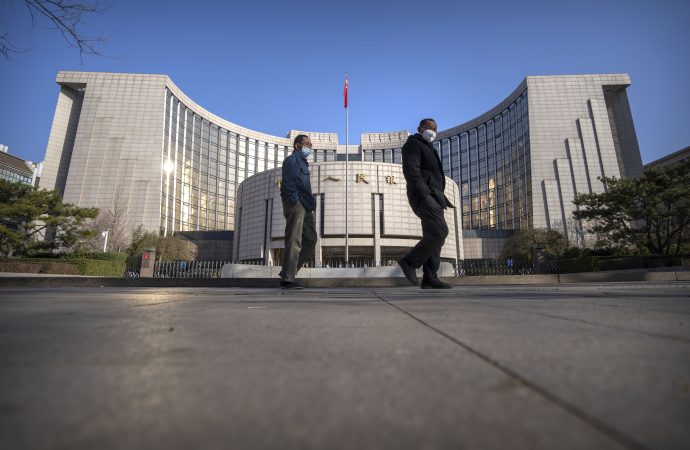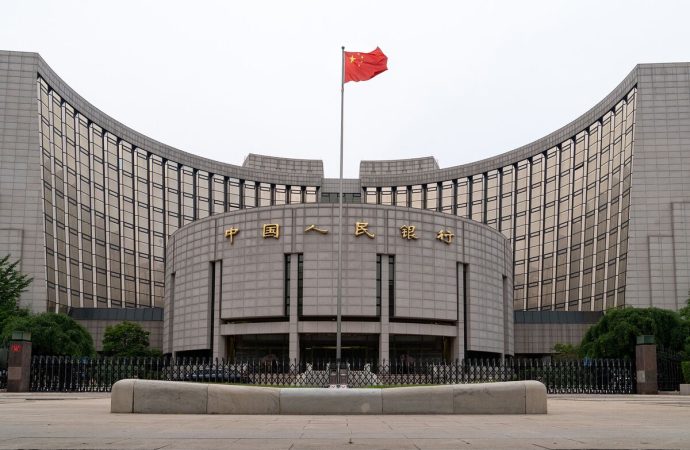Introduction In a bid to counteract declining sentiment and bolster economic growth, China has executed a substantial cut to the bank reserve ratio. This article delves into the intricacies of China’s economic strategy, examining the motivations driving this decision, assessing its potential ramifications on the domestic economy, and contemplating the broader implications for global markets.
Introduction
In a bid to counteract declining sentiment and bolster economic growth, China has executed a substantial cut to the bank reserve ratio. This article delves into the intricacies of China’s economic strategy, examining the motivations driving this decision, assessing its potential ramifications on the domestic economy, and contemplating the broader implications for global markets.
The Reserve Ratio Cut
1. Counteracting Deteriorating Sentiment:
China’s decision to reduce the bank reserve ratio is a direct response to a downturn in economic sentiment. By injecting liquidity into the financial system, the government aims to stimulate lending and spending, revitalizing economic activity.
2. Growth Stimulus Amidst Global Challenges:
The global economic landscape, marked by uncertainties and challenges, has prompted China to proactively take measures to sustain its economic growth. The reserve ratio cut is a tool employed to navigate the complexities of the international economic environment.
Motivations and Domestic Implications

This image is taken from google.com
1. Maintaining Economic Momentum:
China’s commitment to maintaining a robust economic momentum remains a driving force behind this decision. The government seeks to ensure a steady pace of growth, fostering stability and resilience against external pressures.
2. Mitigating Economic Slowdown Risks:
Recognizing the risks associated with an economic slowdown, the reserve ratio cut serves as a preemptive measure to mitigate potential adverse effects on employment, investment, and overall economic well-being.
Comparative Overview: Economic Stimulus Measures
| Country/Region | Recent Stimulus Move | Notable Objectives |
|---|---|---|
| China | Bank reserve ratio cut | Spur growth amidst sentiment decline |
| United States | Interest rate adjustments | Address inflation and support recovery |
| European Union | Expanded asset purchase program | Sustain economic activity and liquidity |
Global Market Considerations
1. Impact on Commodity Prices:
China’s economic decisions traditionally influence global commodity markets. A push for increased domestic spending may impact the demand for commodities, affecting prices on the international stage.
2. Global Investor Confidence:
The move to cut the bank reserve ratio is likely to be closely monitored by global investors. Confidence in China’s economic resilience can influence broader investor sentiment and potentially impact global financial markets.
Conclusion
China’s decision to reduce the bank reserve ratio signifies a proactive approach to economic challenges, aiming to bolster growth amidst a backdrop of souring sentiment. As the implications of this move unfold, both domestically and on the global stage, the world watches closely, gauging the resilience of China’s economic engine and its impact on the interconnected web of international markets.

















Leave a Comment
Your email address will not be published. Required fields are marked with *